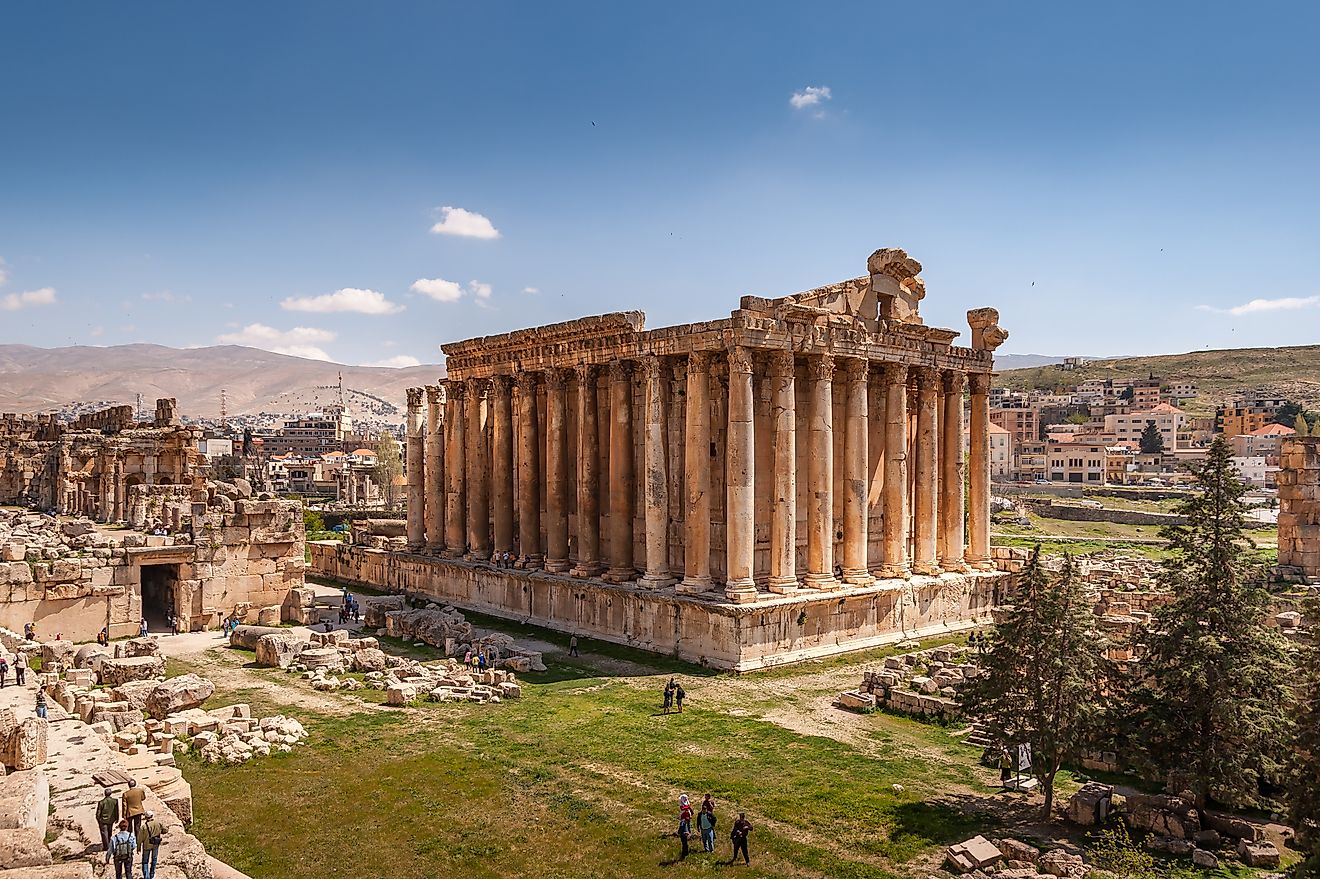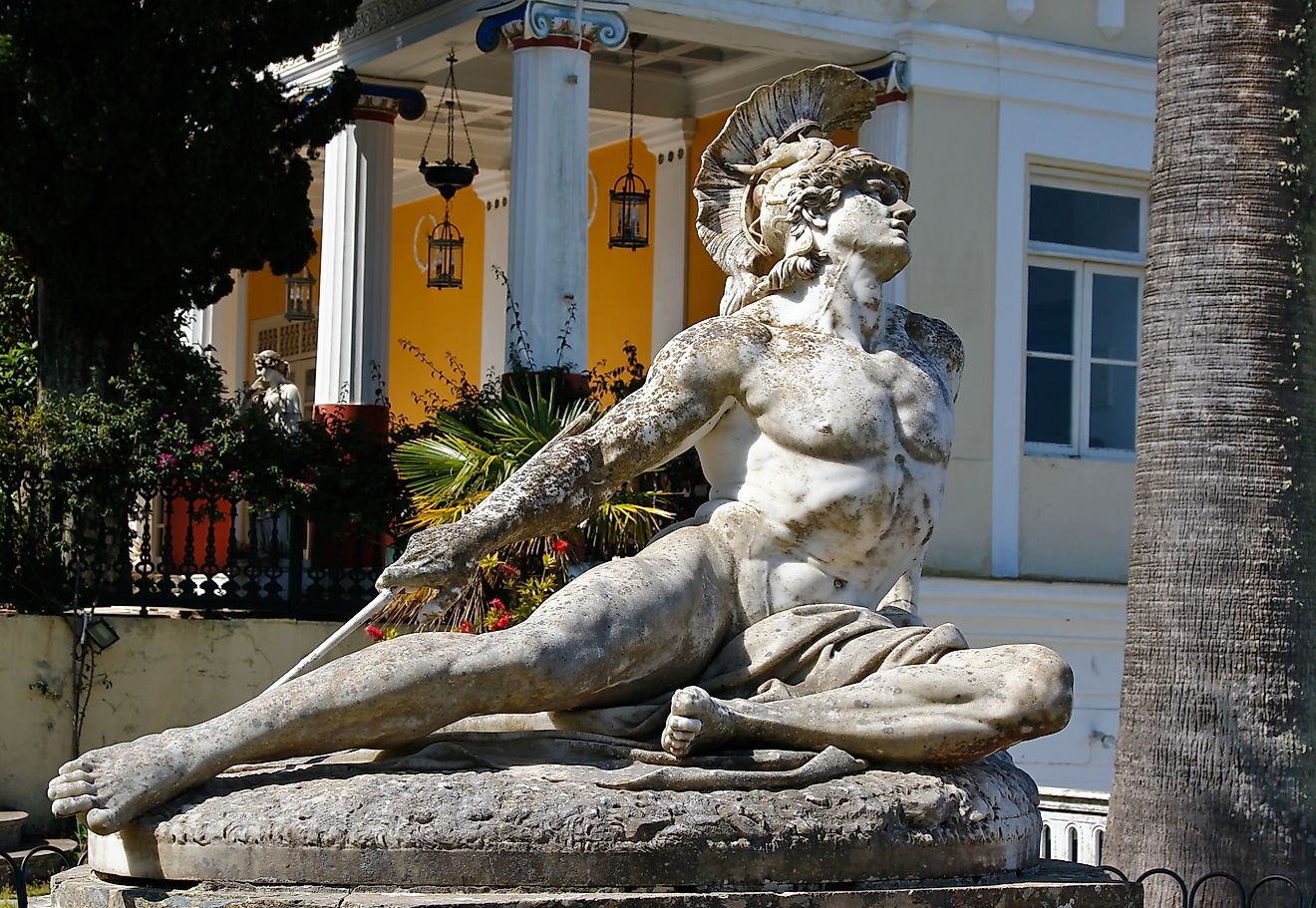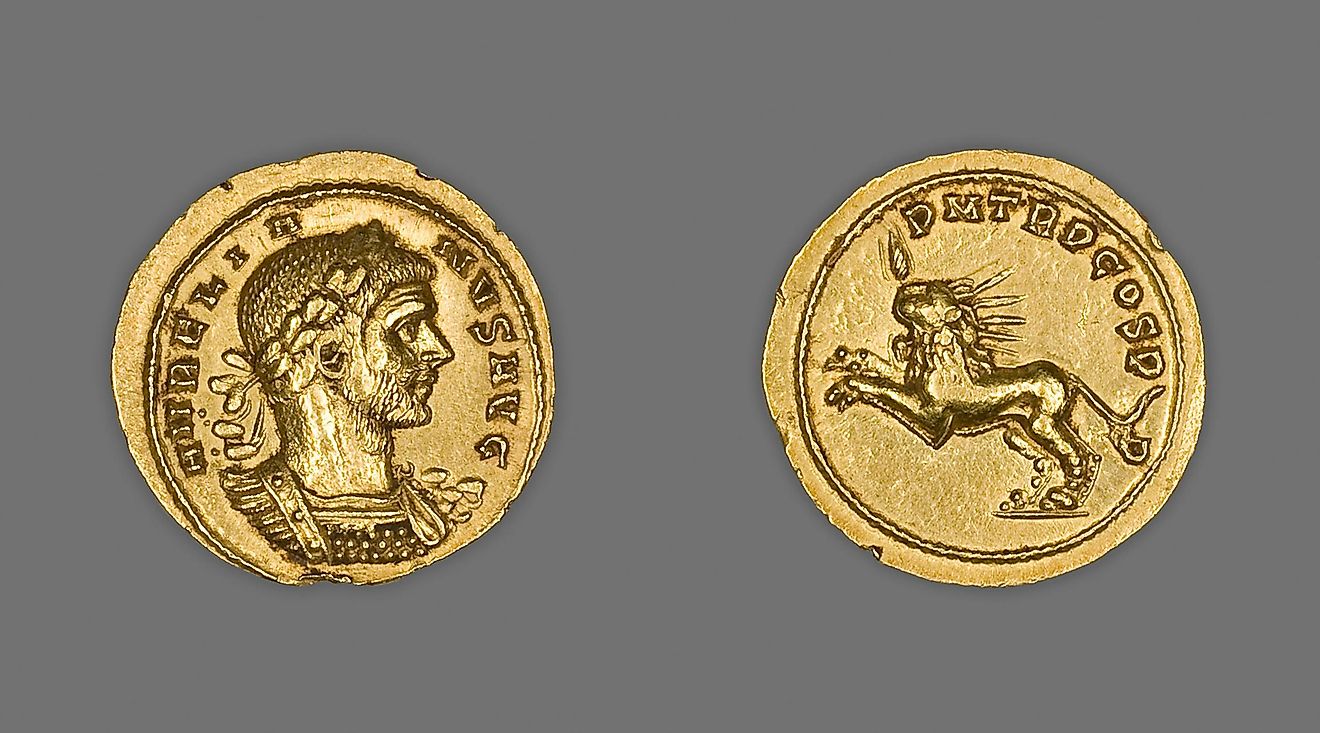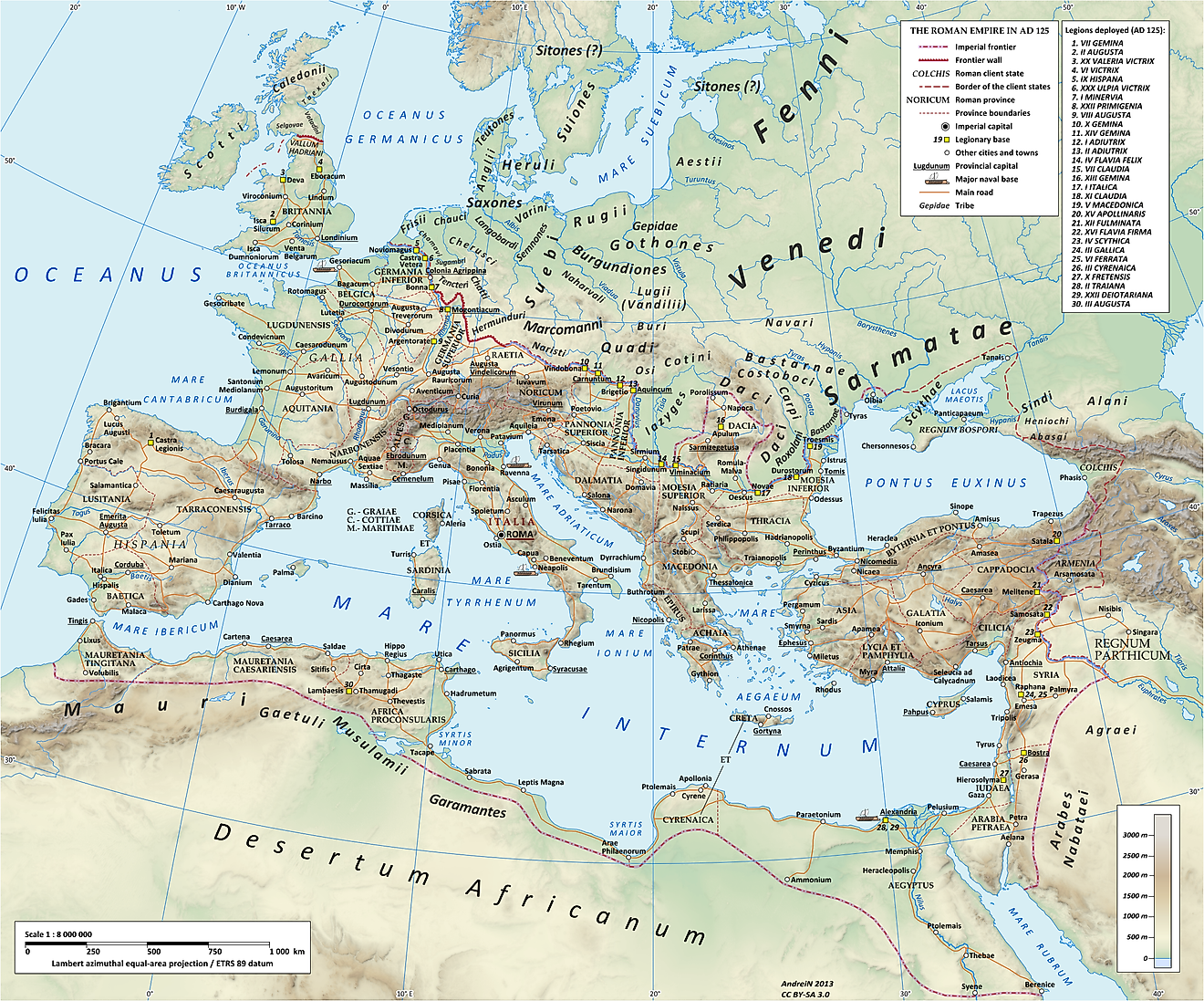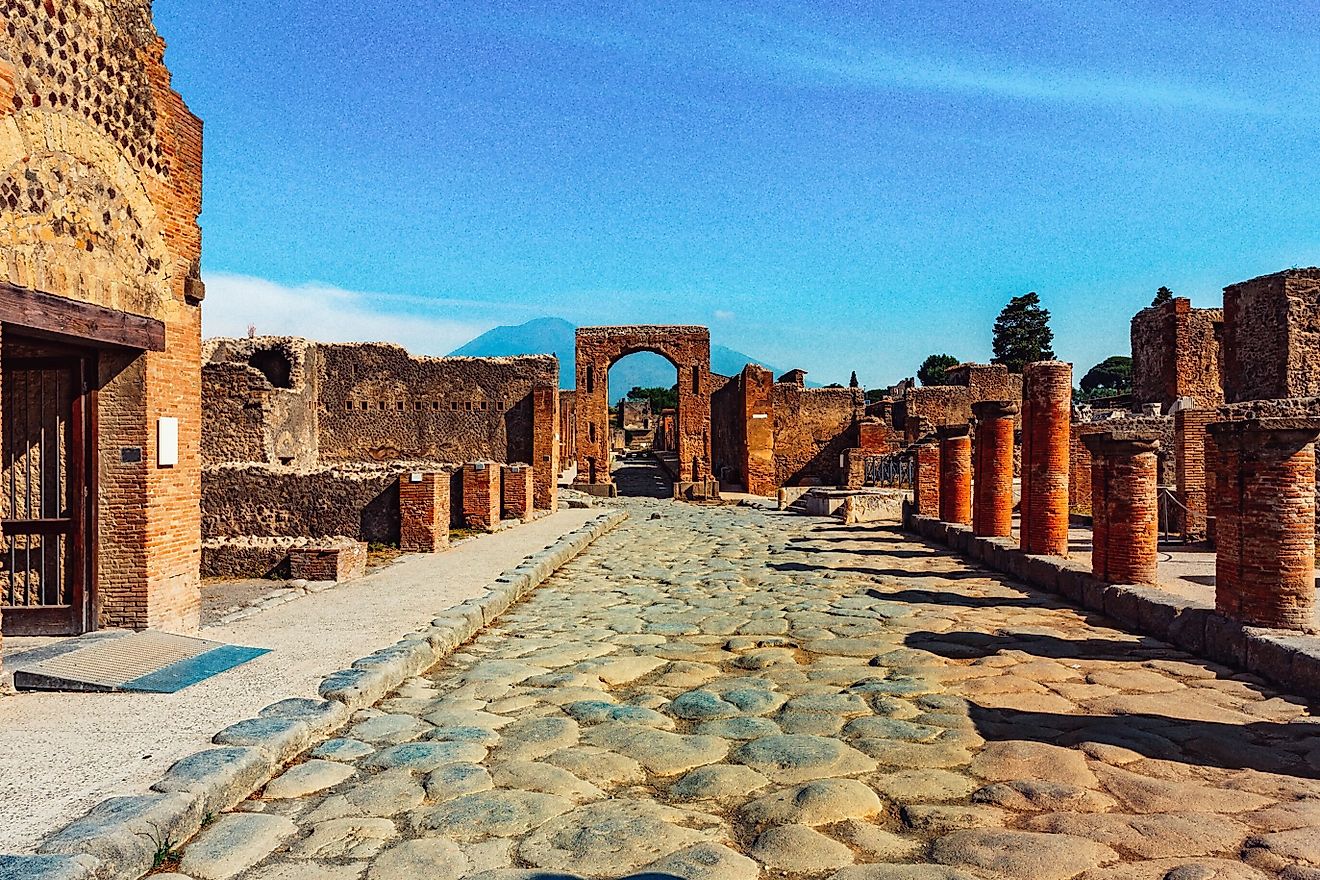
The Phoenix: How This Mythical Bird Became a Symbol of Rebirth
The mythical phoenix has long been synonymous with the concepts of rebirth and renewal, but how did this bird and symbolism become so inextricably linked?
There is some disagreement amongst historians as to whether the myth of phoenix first appeared in Greek or Egyptian mythology, although there seems to be a tendency to lean towards Greek. To root out the origin of the link between the phoenix and the renewal it has come to symbolize, let us take a look at where and when it first appears in written human history.
Herodotus, a 5th century Greek historian described an eagle-sized red and golden bird who is born from the body of its father, whom it buries in the Temple of the Sun. Slightly later on in time, the myth of the phoenix first appeared in Egyptian lore in “Natural History”, by Pliny the Elder in 77 Current Era (CE). He described it as looking like a heron. These historians were both allegedly heavily influenced by pagan folklore, which would not have necessarily been written down.
What Do Historians Agree Upon?

The myth of a long-living and immortal bird that possesses healing properties and renews or births a successor from flames exists in many different cultures, languages, and the folklore of several religions around the world and throughout time.
While the debate remains as to whether the mythology of the phoenix appears first in Greek or Egyptian lore, both seem to have associated the giant bird with the sun, the god or charioteer of the sun, or the kingdom of the sun.
According to both the Greeks and the Egyptians, only one phoenix could be alive at a time and each lived an incredibly long time; some legends say the phoenix could live up to five hundred years and others say a thousand or more!
One Bird, Many Stories

According to one version of the phoenix myth, when the lone phoenix was ready to die, it would create a nest and spontaneously ignite on fire. The bird’s successor was born from the ashes.
Another story suggests that the phoenix lived in Paradise amongst the gods and was therefore immortal, so it would have to fly down to earth to end its life cycle. Once the phoenix reached earth, it would sing a final song so hauntingly beautiful that the charioteer responsible for the rising sun would stop to listen and a spark would fall from the sun to the earth, igniting the bird. In this version of the story, the resurrection birth of the new bird would take place within three days.
Yet another legend suggests that the phoenix loses many of its feathers on the journey to the mortal world and set itself on fire, only to be reborn. There does seem to be a consensus amongst myths that the rebirth process is complete after three days.
Other Cultures in Which Mythological Birds Appear

Indigenous Cultures have the Thunderbird and its symbol of power, strength and protection. Russian folklore speaks of the Firebird as a symbol of rarity and magic. As with Greek and Egyptian culture, the Firebird is said to be a resident of the heavens. For Judaism, the bird of myth was called Milcham or Chal and lived in The Garden of Eden. He, alone among beasts resisted temptation and was therefore granted eternal life.
As Roman culture progressed to Christianity, so too did the myth of the phoenix progress from representing the assumed immortality of the Roman Empire to representing the resurrection of Christ
We can see from this progression and evolution of mythology that the phoenix has captivated historians and writers across space, time, and culture. At various points throughout human history, our collective fascination with transformation and the ability to resurrect ourselves from hard times has become inextricably linked to the phoenix symbolism of death and rebirth.
William Shakespeare (who famously referenced Greco-Roman literature in many of his works) references a phoenix in his historical play “Henry VIII” and the Italian poet Dante makes mention of the phoenix in his epic poem “Inferno”.
What began in ancient history as using myth and metaphor to describe the natural world and the processes of life and death as a human population has diffused into modern life in myriad ways. The phoenix originally described by Greek and Egyptian historians as an immortal bird has grown to symbolize everything from the resurrection of Christ to the rebuilding of the City of San Fransisco after the devastating earthquake in 1906. We see evidence of the endurance of this symbolism in modern pop culture such as the Harry Potter series and we even see celebrities tattoo the phoenix on their bodies after major life changes.
It’s clear from this progression of myth to symbol of rebirth and renewal that the phoenix is an enduring figurehead of comfort and inspiration for humans in transition throughout the ages.
